The Real Difference Between Elizabeth Warren And Bernie Sanders
It was April 2017, and Sen. Elizabeth Warren (D-Mass.) had just kinda-sorta accidentally endorsed former Rep. Tom Perriello to be the next governor of Virginia.
Perriello was in a tight contest with the favorite, then-Lt. Gov. Ralph Northam, for the Democratic gubernatorial nomination. Warren was promoting her book, “This Fight Is Our Fight,” and was asked for her thoughts on the race in an interview with HuffPost.
“I think that if he’s governor, he’d be terrific,” Warren said of Perriello. Pressed if she meant it as an endorsement, Warren responded: “Kinda sounds like one, doesn’t it?”
If it was an endorsement, it wasn’t one Warren had planned on making ― and she quickly reached out to Democratic Sens. Tim Kaine and Mark Warner of Virginia, both of whom were backing Northam, to make that point, according to a Warren aide. Her team quickly reassured Northam’s allies that she wouldn’t campaign in person or help raise money for Perriello, who was being badly outspent on television, according to two Democrats with knowledge of the discussions. (She did allow the Perriello campaign to use footage of the interview in television ads.)
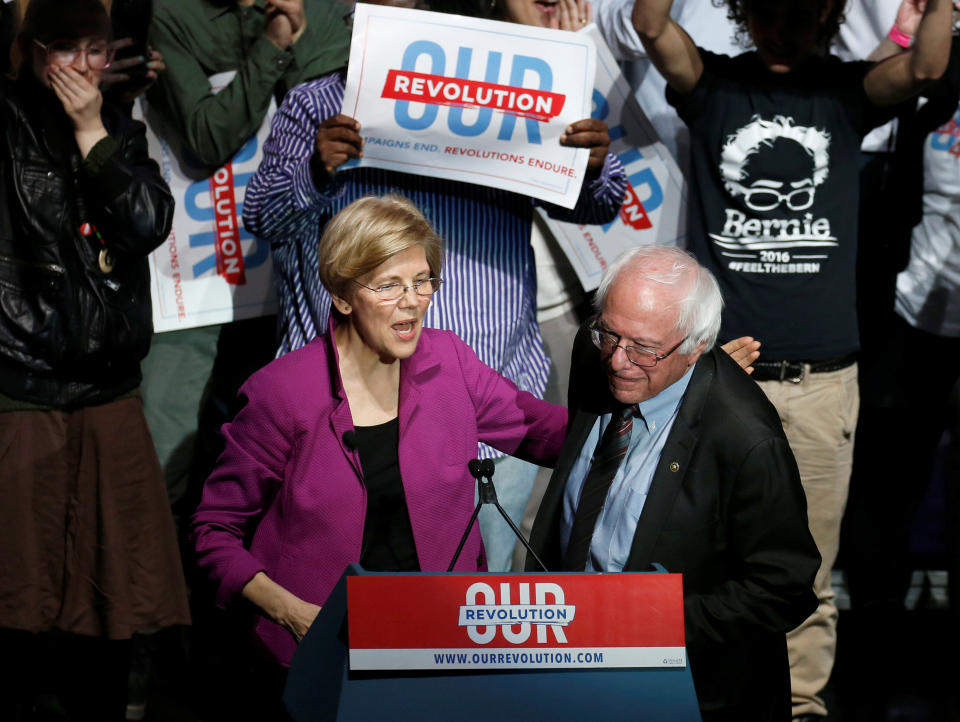
The accidental endorsement incident shows how Warren manages to walk a fine line between Democratic Party loyalist and progressive insurgent, and it provides one of the few clear contrasts between her and Sen. Bernie Sanders (I-Vt.), her progressive ally turned presidential rival whom she is set to appear beside on the debate stage Tuesday night.
Warren and Sanders are all but certain not to criticize each other during the Tuesday night debate, and any policy differences between them are likely to be minor. But both politicians’ careers show distinct differences in how they approach the Democratic Party and how they might seek to empower it if elected to the presidency.
Warren, who was recruited into politics by top Democratic officials up to and including former President Barack Obama, largely trusts the judgment of official party organs, rarely endorses in primaries and focuses much of her energy on helping longtime allies and her fellow senators. Sanders, unsurprisingly for a man who has long refused to officially join the party and who spent his early political career battling against Vermont Democrats, is frequently distrustful of the mainstream party and has worked to empower progressive candidates, even those with little chance of victory.
Warren’s strategy has allowed her to become acceptable to broad wings of the party, including those who might otherwise dismiss her on ideological grounds. Sanders’ strategy has given him a leg up with the party’s left wing, which likes his iconoclastic style and shares his goal of pushing the party in a more progressive direction.
“Bernie has always been more spontaneous combustion, an improvisational approach,” said Mary Anne Marsh, a Massachusetts-based Democratic strategist. “Warren is much more methodical in planning and deliberate about everything she’s done.”
“She’s trying to make sure she can still work with people tomorrow,” Marsh added. “Bernie doesn’t care. He cares about his positions, his principles, his ideas.”
Sen. Chris Murphy (D-Conn.), who is neutral so far in the primary race, praised both members for their ability to rally outside pressure to get legislative wins but acknowledged the two senators have very different styles.
“Every single one of us have different personalities,” he said. “Bernie’s a different person than Elizabeth, but they’re also different from everybody else. Bernie may sometimes come across as prickly, but when you get close to him he can be your greatest ally and friend.”
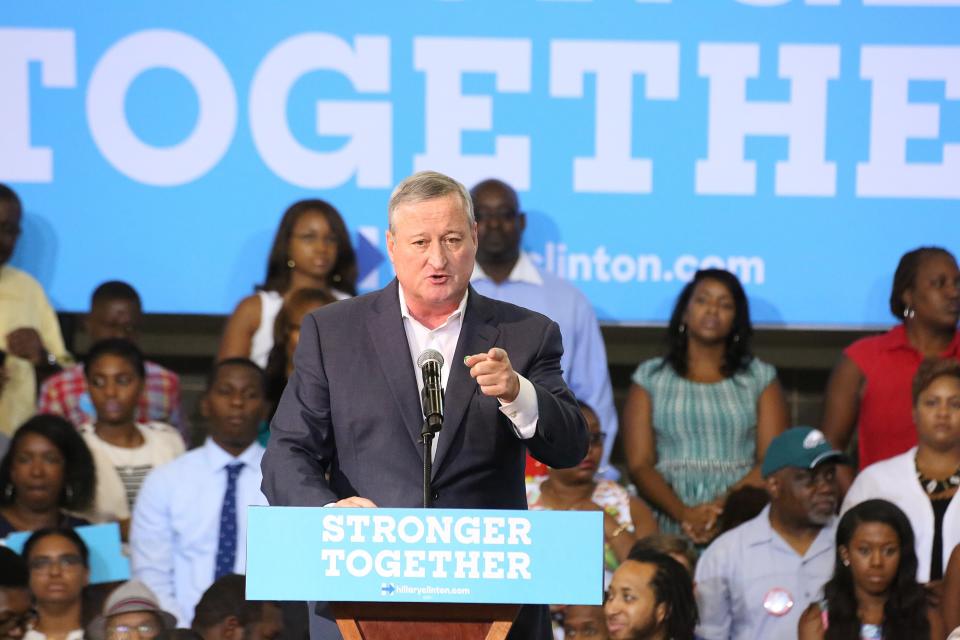
‘A Huge Pain In The Ass’
Sanders has long seen the small talk and personal niceties that are the bread and butter of a typical politician’s legislative and electoral strategies as secondary to structural critiques of society designed to inspire a social uprising.
But his intervention against the Philadelphia soda tax in April 2016 is an example of the way his disinterest in cultivating relationships and local knowledge can hurt his political ambitions.
At the time, Philadelphia Mayor Jim Kenney (D) was engaged in a tooth-and-nail fight to enact a 1.5-cent-an-ounce soda tax. He cast the tax as a way to fund an expansion of pre-kindergarten, community school construction and public parks in low-income areas. Hillary Clinton, whose presidential bid Kenney had endorsed two months earlier, embraced the mayor’s plan during a campaign appearance in April 2016. A few days later, Sanders denounced it as a “totally regressive tax” and called on the city to “raise the money in a way that is progressive, not on the backs of low-income or working people.”
The trouble with Sanders’ argument is that Pennsylvania’s “uniformity clause” forbids graduated taxation, precluding the differentiation of tax rates based on income levels.
Any tax the city used to raise revenue would necessarily be regressive, so advocates settled on a tax that might have secondary health benefits to fund progressive-minded public programs, according to someone involved in the campaign to pass the tax who asked for anonymity for professional reasons.
“We were clear that this was the best of bad options,” the person said. “Bernie’s comments were a huge pain in the ass. He was doing the industry’s work for them ― and I don’t think he intended to.”
Despite the beverage industry’s best efforts, the Philadelphia soda tax became law in June 2016.
Afterward, Big Soda began citing Sanders’ opposition to the Philadelphia measure in its propaganda campaign against similar proposals in San Francisco and Oakland, California. Sanders had to take legal action to force them to stop.
Notwithstanding his success in Philadelphia, Kenney told HuffPost in an interview earlier this month that he is still “miffed” about the incident.
“I was really offended when he got involved in our beverage tax fight out of the blue,” he recalled, noting that Sanders had not contacted his office before weighing in. “I was like, ’Really? We’re trying to get our kids educated.”
Kenney, who has not endorsed in the 2020 Democratic primary, said he is a proponent of tuition-free college ― one of Sanders’ signature proposals ― but he has nonetheless ruled out backing the Vermont senator.
While the Sanders campaign did not specifically address the soda tax dispute, spokesman Josh Miller-Lewis said Sanders does not take stances with an eye toward the political consequences.
“Whether it is politically helpful at the moment or not, he is going to stand up and fight for what is morally right,” Miller-Lewis said.
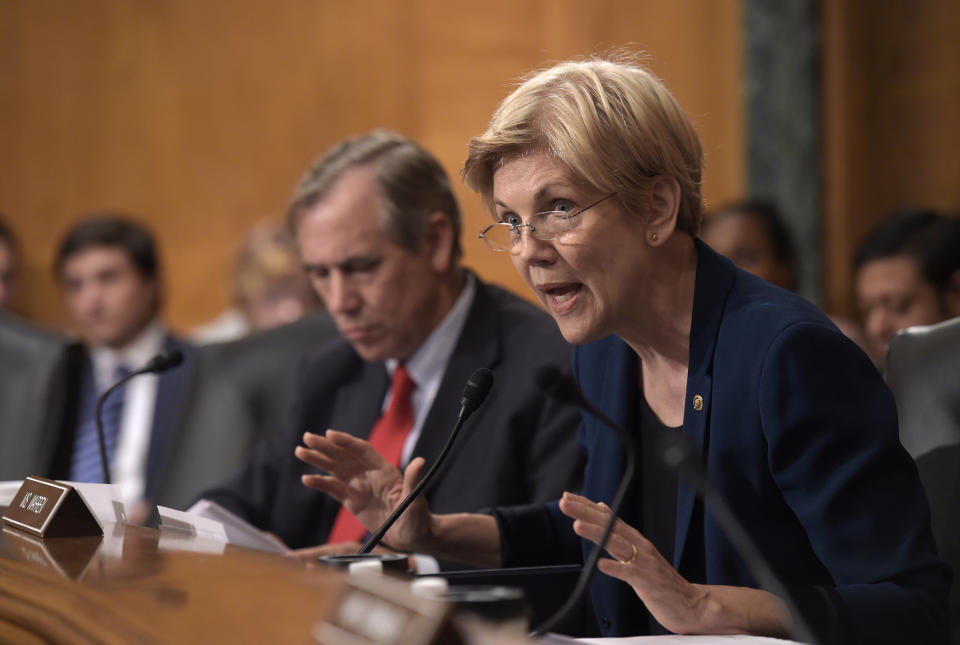
Relationships With The ‘Corporate Wing’
Both Sanders and Warren were workhorses for the Democratic Party in recent election cycles. He raised $8 million for Democratic candidates and causes over the 2016 and 2018 elections, while she raised or donated $11 million in the last cycle alone, according to their campaigns. Both were sought-after surrogates who traveled to key swing states, including Wisconsin and Pennsylvania.
But beneath the hood, there were revealing differences. Sanders, after his first bid for the presidency, set up Our Revolution, which aimed to recruit progressive outsiders to run for office. Instead of creating a new shop, Warren poured money into existing Democratic groups: She donated more than $350,000 to the Democratic Senatorial Campaign Committee, gave at least $5,000 to all 50 state parties ― the Nevada, Missouri and Florida parties each got $50,000 checks ― and sent $30,000 to both the National Democratic Redistricting Committee and the Democratic Legislative Campaign Committee.
And as Sanders backed progressives like Tallahassee Mayor Andrew Gillum in Florida’s gubernatorial race and former NAACP President Ben Jealous in Maryland’s contest, and with Our Revolution supporting more than 80 candidates, Warren all but sat out the primary season. She endorsed just five candidates in primaries, two of them former proteges: Richard Cordray in Ohio’s gubernatorial race and now-Rep. Katie Porter in California.
While Sanders was focused on electing progressives, Warren was more than willing to help her most moderate colleagues. In March of the election year, she had called out a slew of Democratic senators who voted for legislation she said would increase the risk of another financial crisis. (Those Democrats, along with Republicans, said it rolled back unnecessary regulations on small banks.) The move infuriated other members of the caucus. The inclusion of a “donate” button at the bottom of an email sent to her powerful list led many of her colleagues to accuse her of raising money by attacking them.
“Saying Democrats are helping to roll back rules on big banks doesn’t make me the most popular kid on the team,” she wrote in a Medium post at the time. “But Massachusetts didn’t send me here to fight for big banks. The people of Massachusetts sent me here to fight for them.”
The move stood out, Senate aides said, because it was uncharacteristic for Warren, a member of the caucus leadership.
Among the Democrats she criticized were moderates facing reelection in red states, including North Dakota’s Heidi Heitkamp, Indiana’s Joe Donnelly and Montana’s Jon Tester. But it didn’t take long for her to start raising money and sending cash and aides to help those same senators win reelection. For Florida’s Bill Nelson, she sent out two fundraising emails ― along with five for the Florida Democratic Party. She also loaned staff to the state party, recorded a get-out-the-vote video for his campaign and gave $5,000 to Nelson’s recount efforts.
Earlier this summer, when the centrist think tank Third Way indicated it would have no problem with a Warren victory in the Democratic primary, Sanders suggested that the disdain of the “corporate wing of the Democratic Party” proved his superiority over Democratic rivals, implicitly including Warren.
Love HuffPost? Become a founding member of HuffPost Plus today.
The cat is out of the bag. The corporate wing of the Democratic Party is publicly "anybody but Bernie." They know our progressive agenda of Medicare for All, breaking up big banks, taking on drug companies and raising wages is the real threat to the billionaire class. https://t.co/zimci7JRO6
— Bernie Sanders (@BernieSanders) June 19, 2019
‘The End Goal Is The Policy’
Sanders’ calls for a political revolution do not mean he is unable to play the inside game in Congress. He withheld his vote during the passage of the Affordable Care Act until he could secure $11 billion for community health centers, and four years later, he brokered a bipartisan reform of the Department of Veteran Affairs health system. (Warren’s biggest legislative victory was the creation of the Consumer Financial Protection Bureau ― which happened years before she was elected to the Senate.)
Adam Jentleson, who served as an aide to then-Senate Democratic Leader Harry Reid (Nev.) from 2010 to 2017, pointed to Sanders’ December 2010 symbolic filibuster speech against the partial renewal of the George W. Bush tax cuts as an example of his mix of pragmatism and idealism. Sanders would not hold up the legislative process when he knew the votes weren’t there, but he reserved the right to register his protest, according to Jentleson.
“He was very realistic about when to push and when to work with people,” Jentleson said. “He wanted to make sure his voice was heard, but he was also willing to do what was best for the team.”
Sanders’ most recent bipartisan coup ― a resolution invoking a rarely used congressional power to withdraw U.S. support for the Saudi-led war in Yemen ― never became law. (President Donald Trump vetoed it in March.)
But Sanders’ success in recruiting the libertarian-leaning Sen. Mike Lee (R-Utah) attested to his willingness to build coalitions with ideological adversaries ― and hire pragmatic personnel capable of getting it done. (Murphy said Sanders’ work on Yemen was “some of the best legislative work I’ve since I’ve been in Congress.”)
Lee’s communications director, Conn Carroll, praised Sanders’ staff, though he emphasized he did not work with Sanders directly. “Bernie’s team has been great to work with ― upfront, professional,” Carroll said.
But on Capitol Hill, Sanders and his team have occasionally ruffled feathers for failing to grant progressive allies their share of the limelight.
In a case earlier this year, Sanders’ Senate office insisted for weeks on rolling out the Senate and House single-payer bills on the same day, or in close proximity with one another, according to a former Democratic House aide.
Aides to Reps. Pramila Jayapal (D-Wash.) and Debbie Dingell (D-Mich.), the chief co-sponsors of the House bill, saw an opportunity for two women with less exposure to burnish their populist bona fides on the national stage. Democrats’ retaking of the House in November gave Jayapal, in particular, the opportunity to put her stamp on House progressives’ once-threadbare single-payer bill. Her addition of coverage for long-term care, for example, drew praise from the disability rights community.
Sharing a rollout date ― and the concomitant press attention ― would diminish the credit for Jayapal and Dingell, staffers worried. They ultimately prevailed, but the experience left a bad impression.
“That is who [Sanders and his staff] are,” said the former aide. “The end goal is the policy and the stuff in between doesn’t really matter ― and it has not seemed to matter to Bernie.”
Of course, Sanders’ focus on enacting progressive policies is what endears him to many of his followers.
Sanders’ team argued that it had been an earnest conversation about the best strategy for unveiling the legislation.
“We were always working together on that,” Miller-Lewis said.
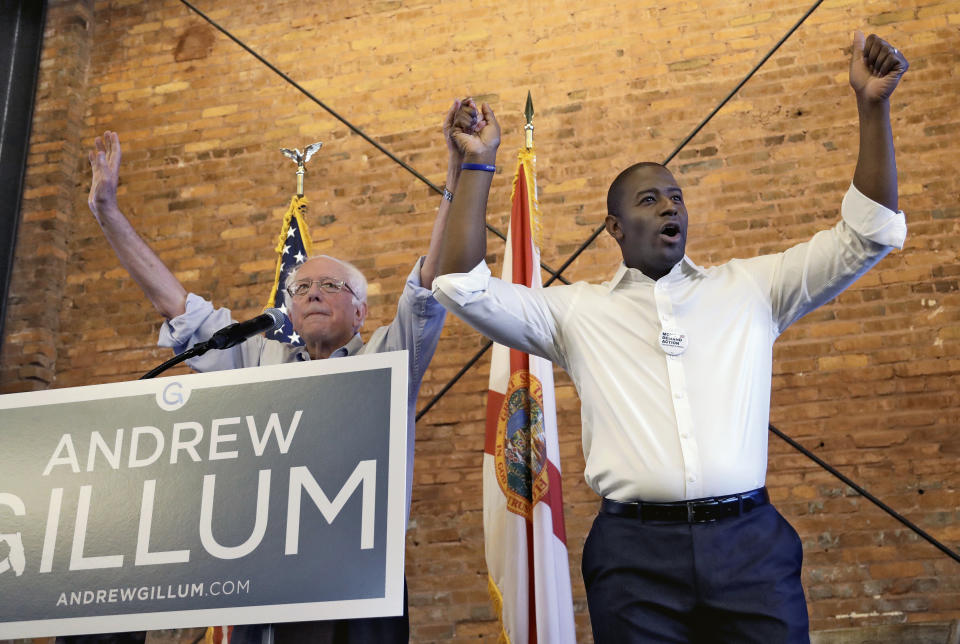
‘An Incredibly Personal Approach’
Even when Sanders is making friends, developing the sort of intangible personal rapport that lubricates the most storied political alliances is often not his strong suit.
He endorsed Tiffany Cabán, a left-wing candidate for district attorney of Queens, in the final stretch of her June primary bid in New York City. It was a perfect opportunity for Sanders to showcase his reach as a progressive kingmaker.
But Warren, who endorsed Cabán the same day, had a story to tell about the relationship she was nurturing with Cabán. Whereas Sanders had decided to endorse Cabán after a phone call days before the endorsement, Warren had first met Cabán at a rally she held in Long Island City, Queens, in March, and had stayed in close contact with her in the intervening months, Warren’s communications director told The Washington Post.
After the election, with Cabán mired in a contentious manual vote recount, both Warren and Sanders leveraged their lists to recruit volunteers and raise money for Cabán to assist with the post-election legal battle. Warren, though, supplemented those formal efforts with a personal touch, routinely exchanging text messages with Cabán to offer words of encouragement, according to a source close to Cabán.
“Warren met Tiffany in March, stayed in touch and had a warm, incredibly personal approach,” the source said.
Igor Bobic contributed reporting.
Also on HuffPost
NSA Surveillance
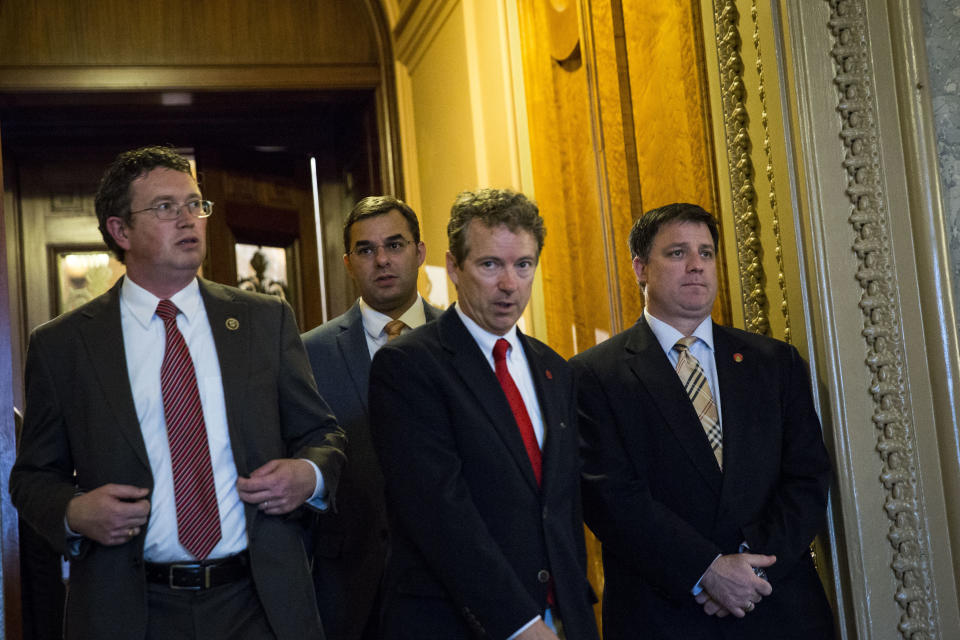
National Anthem
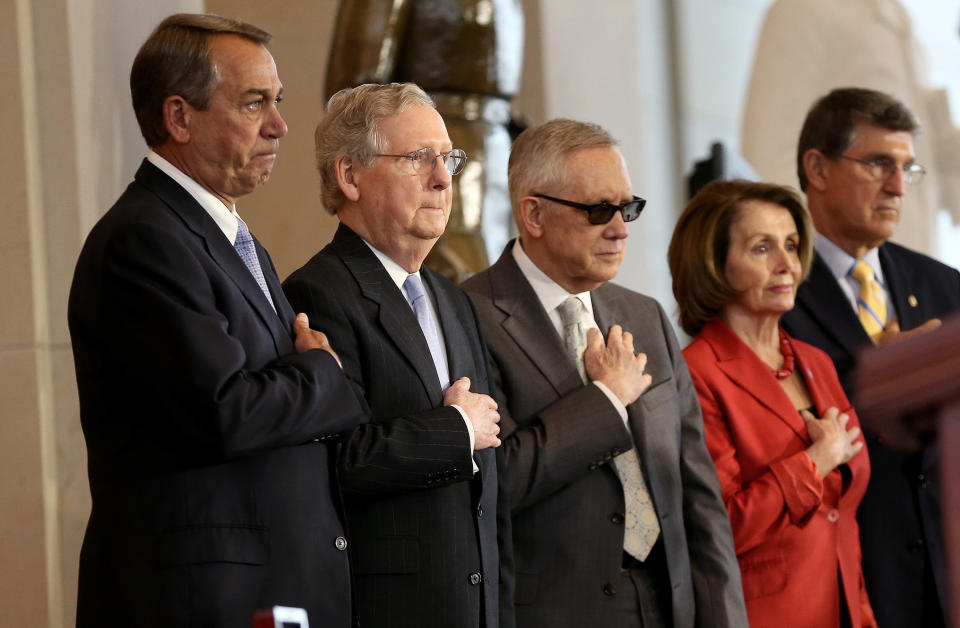
Remembering Officers
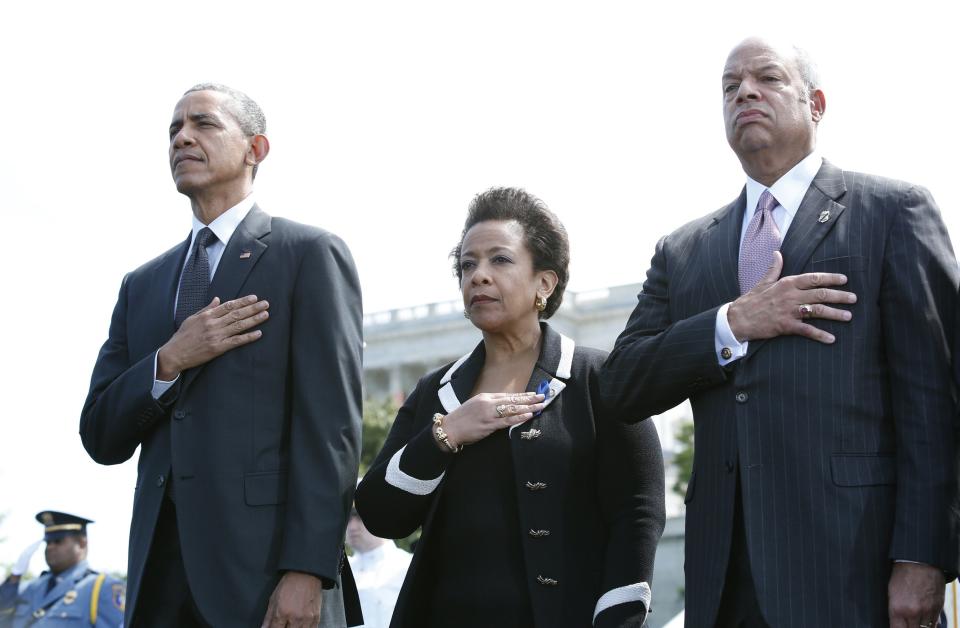
Elton John
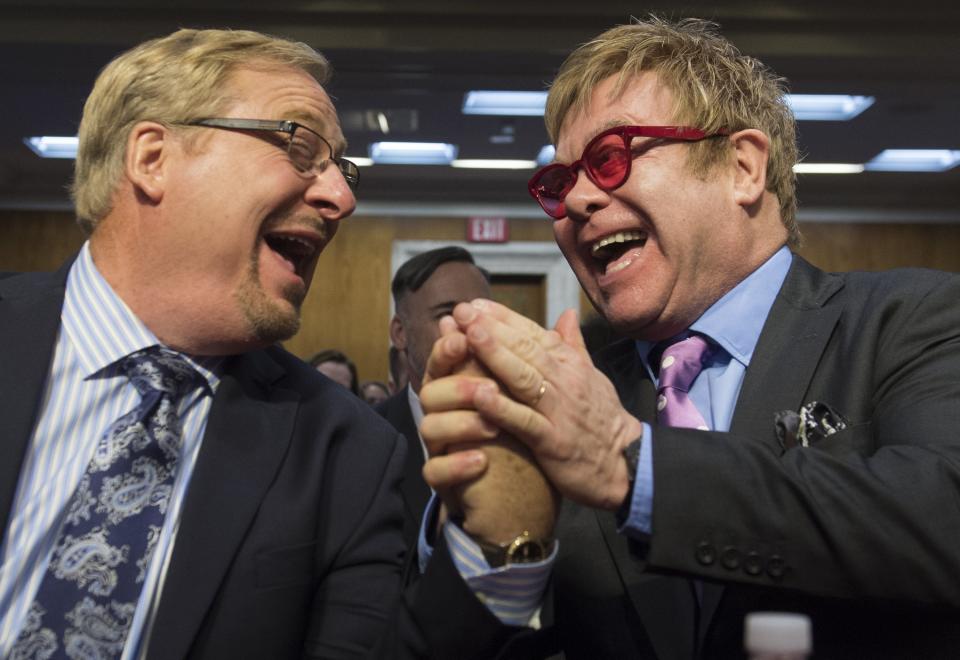
Loretta Lynch Testimony
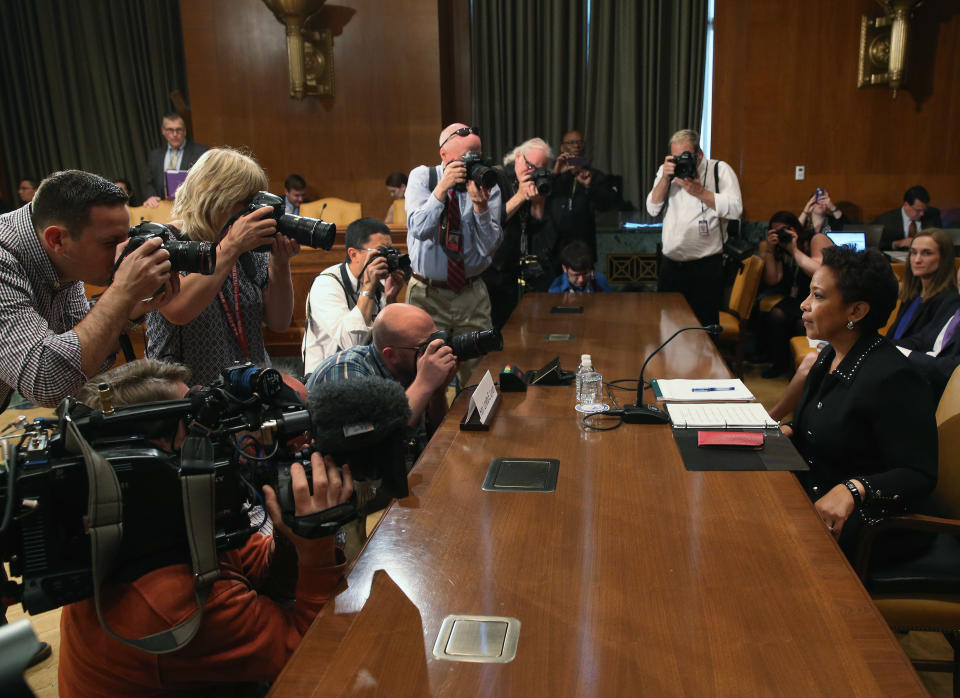
Bernie Runs
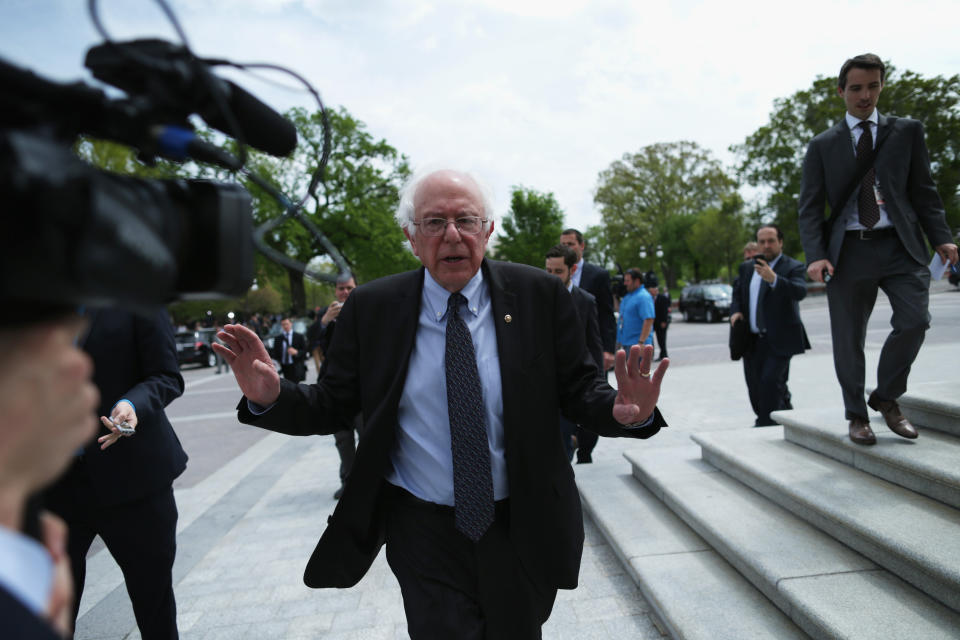
Japanese Prime Minister
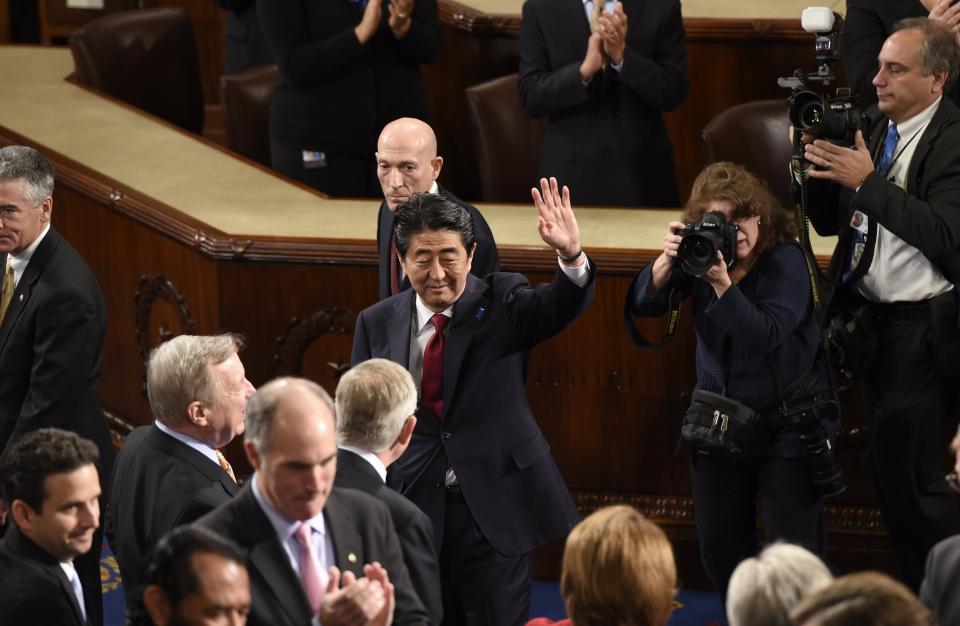
Subway Smiles
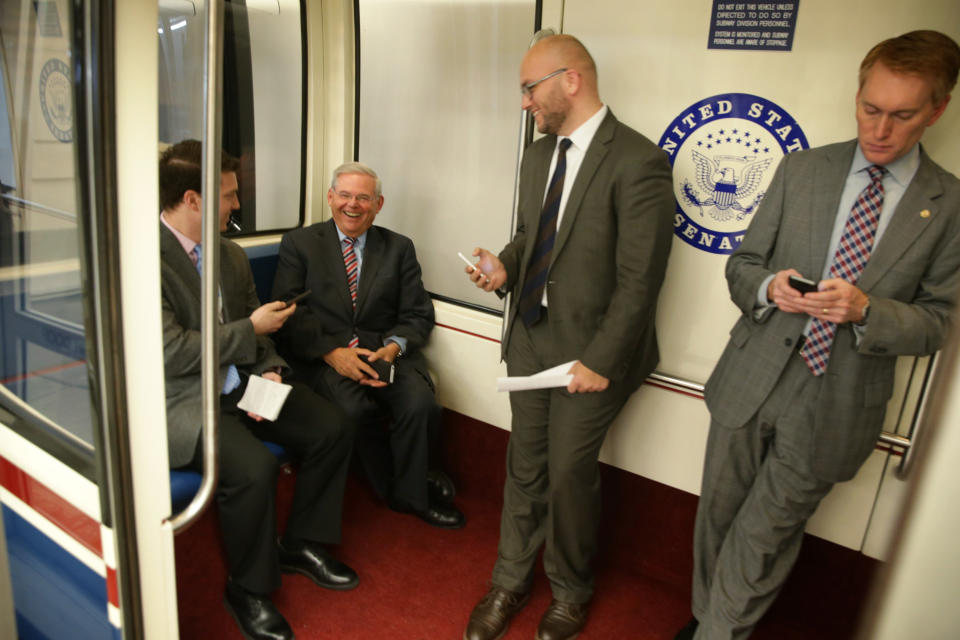
Hotdish Competition
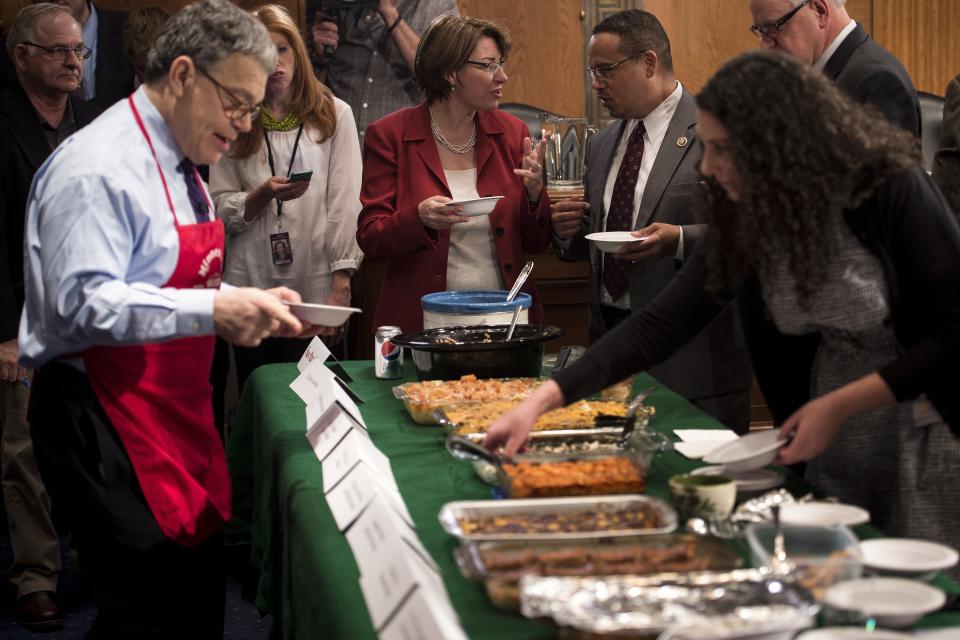
Advocating For Loretta Lynch
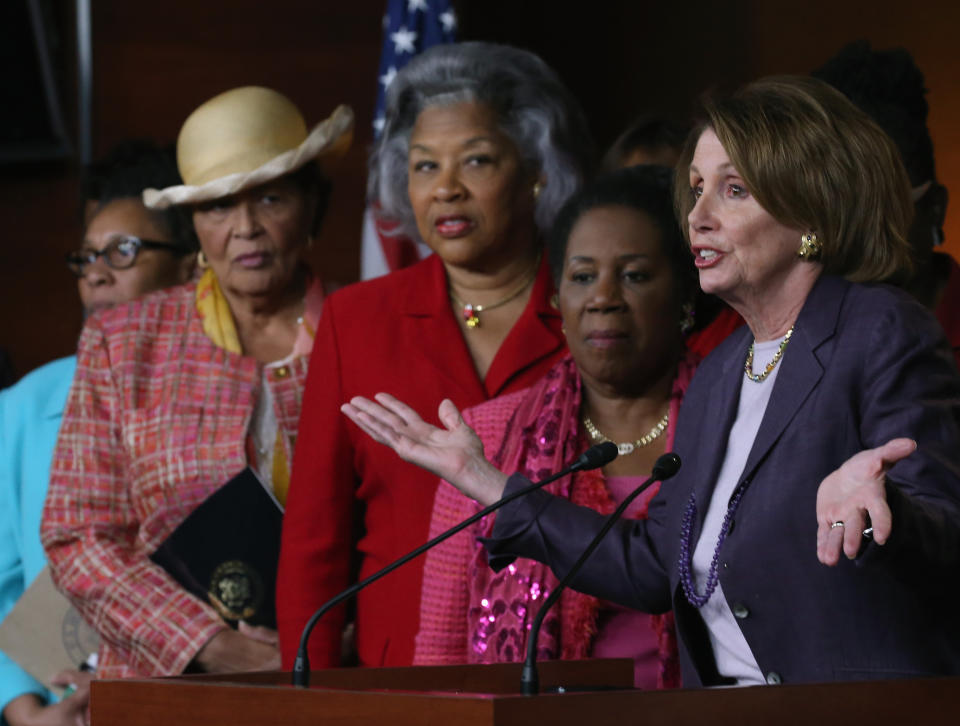
Justice March
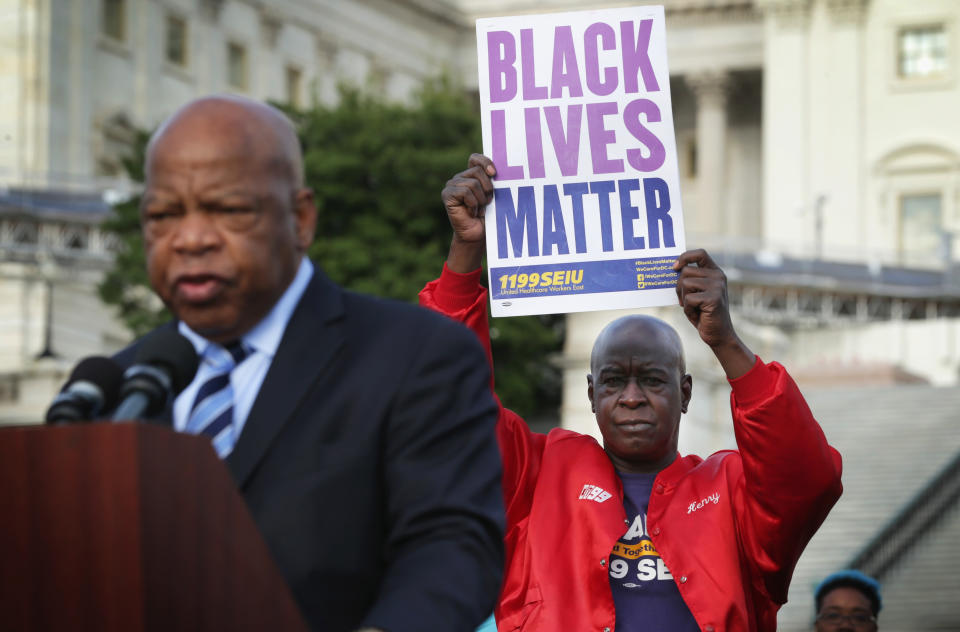
Special Guest
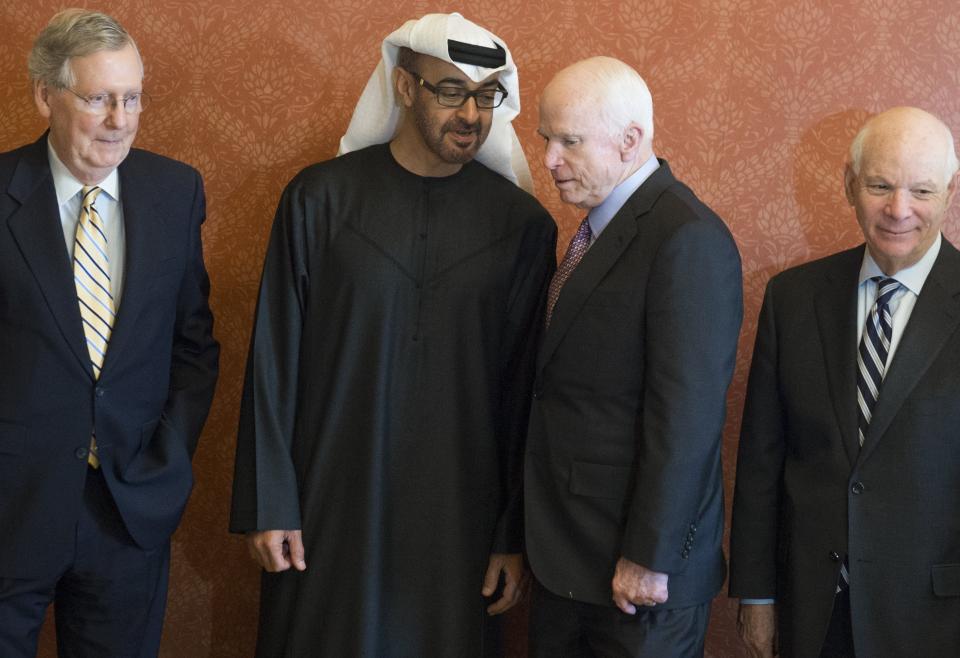
Gyrocopter At The Capitol
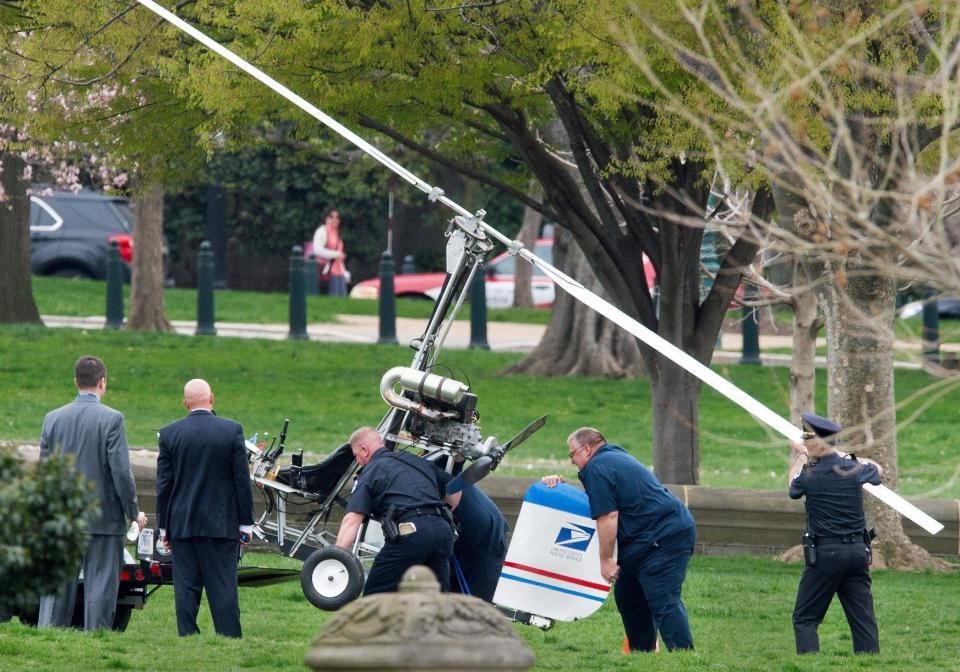
Secretary Of State Parade
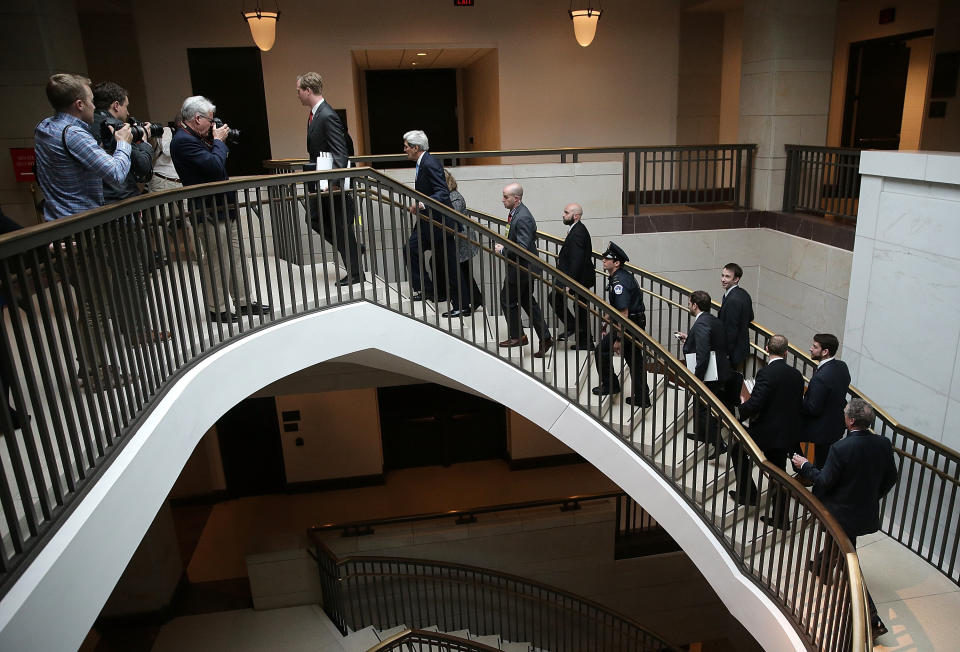
Harry Reid's Retirement
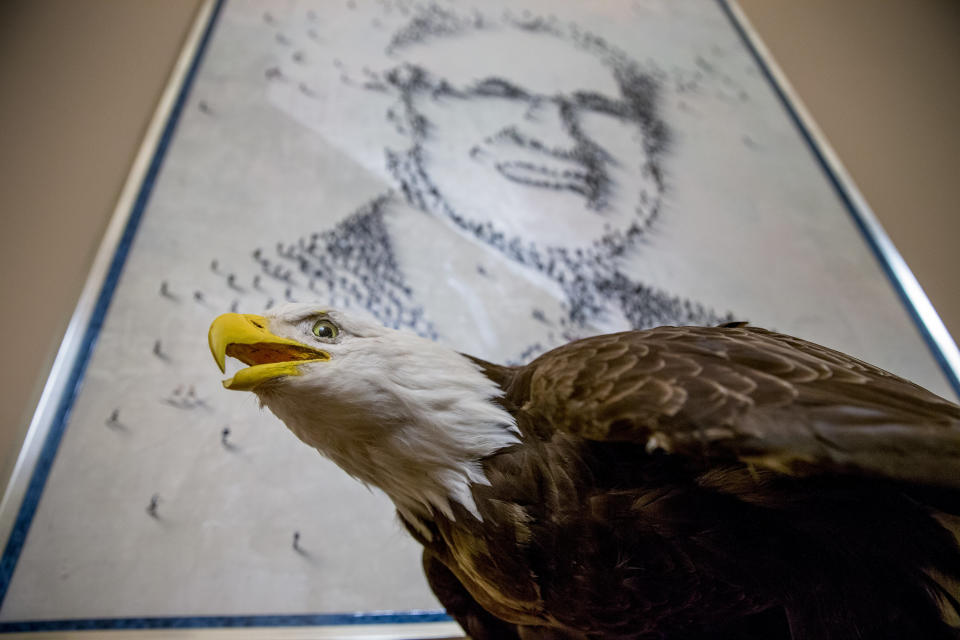
McCain Applauds
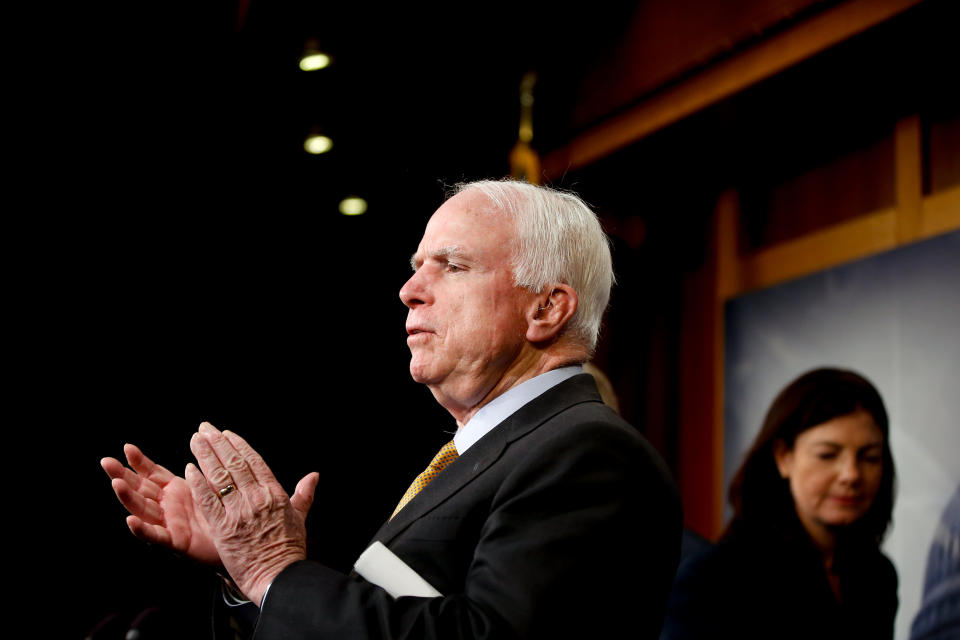
Ben Affleck
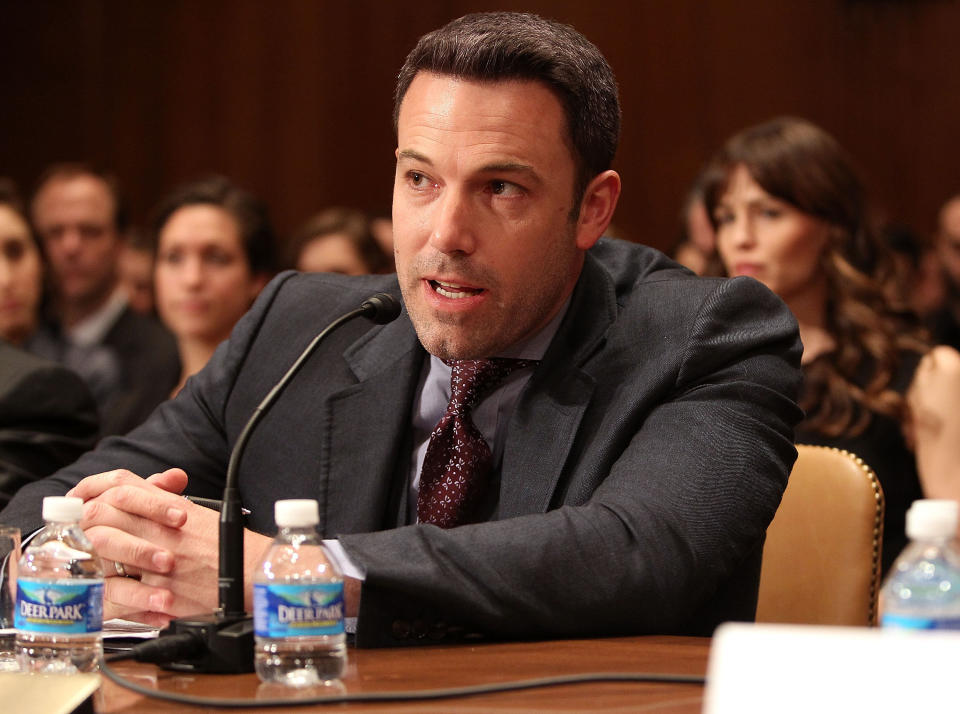
Bill Gates
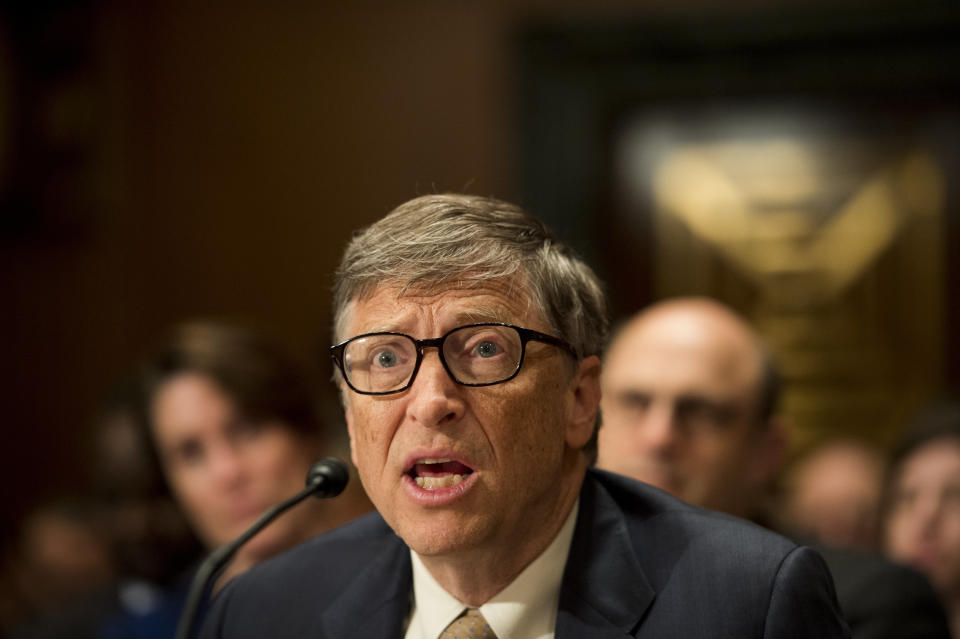
Twin Tears
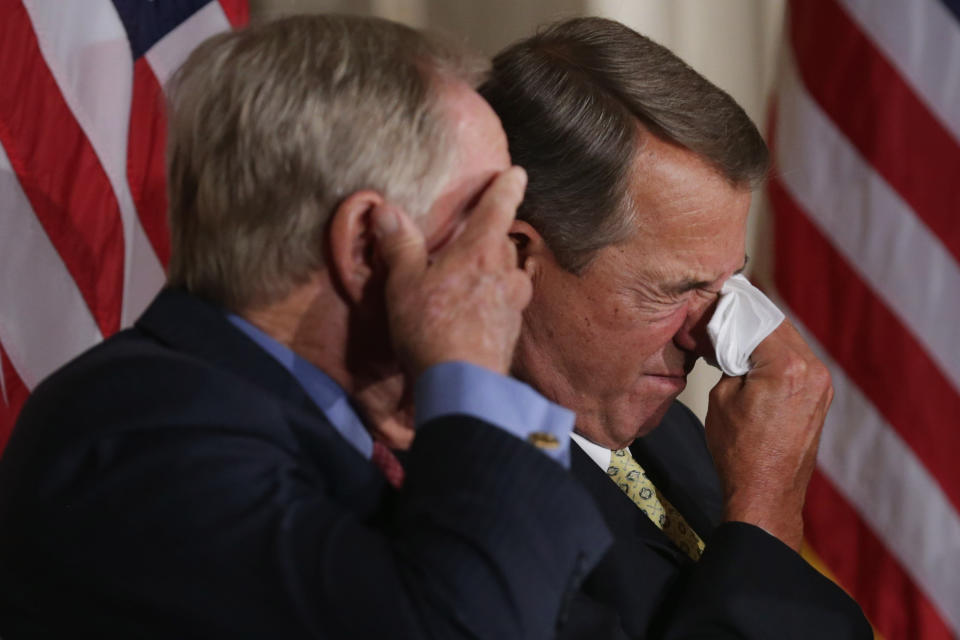
Affordable Care Act Anniversary
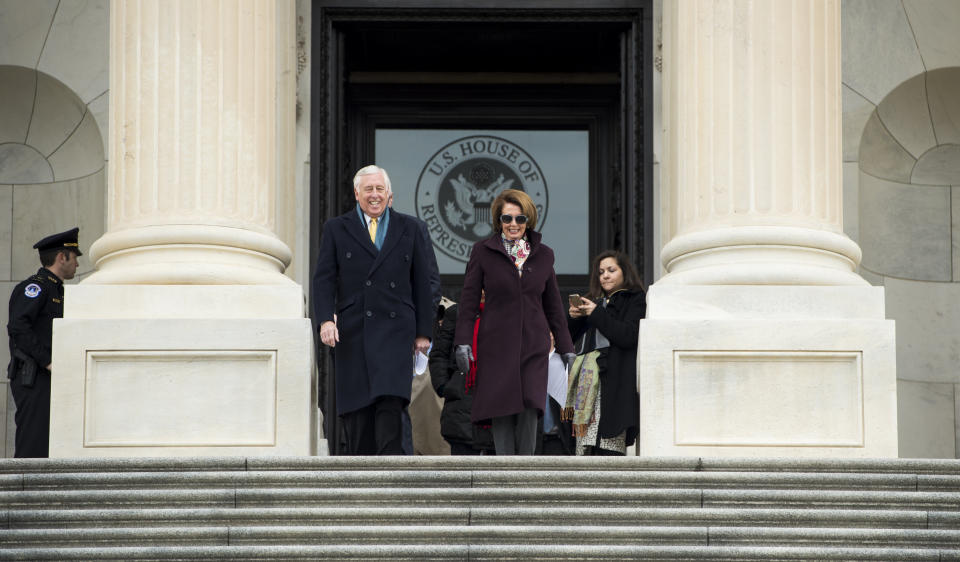
Meerkat In The House
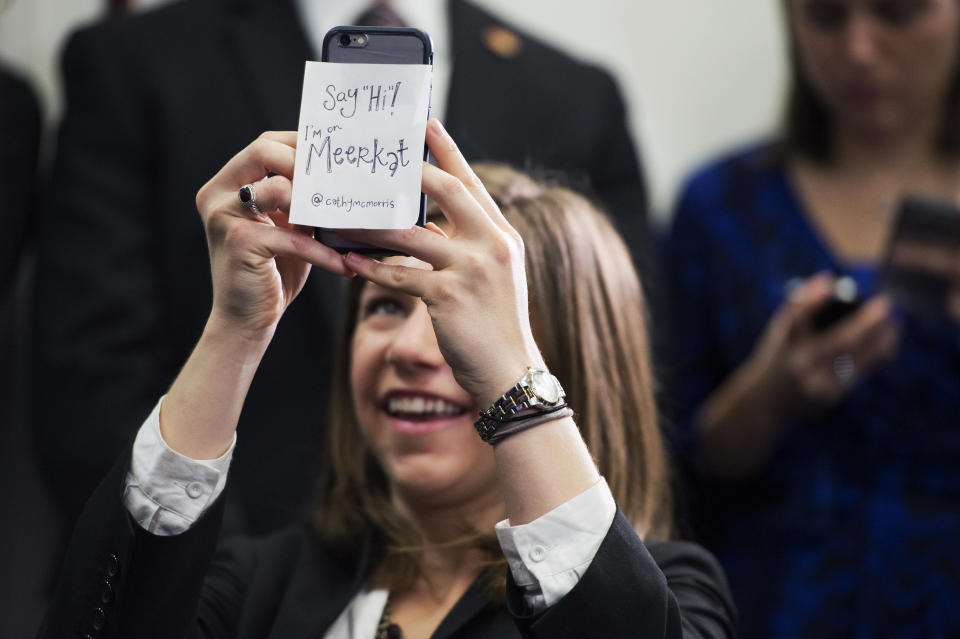
Congressional Gold Medal
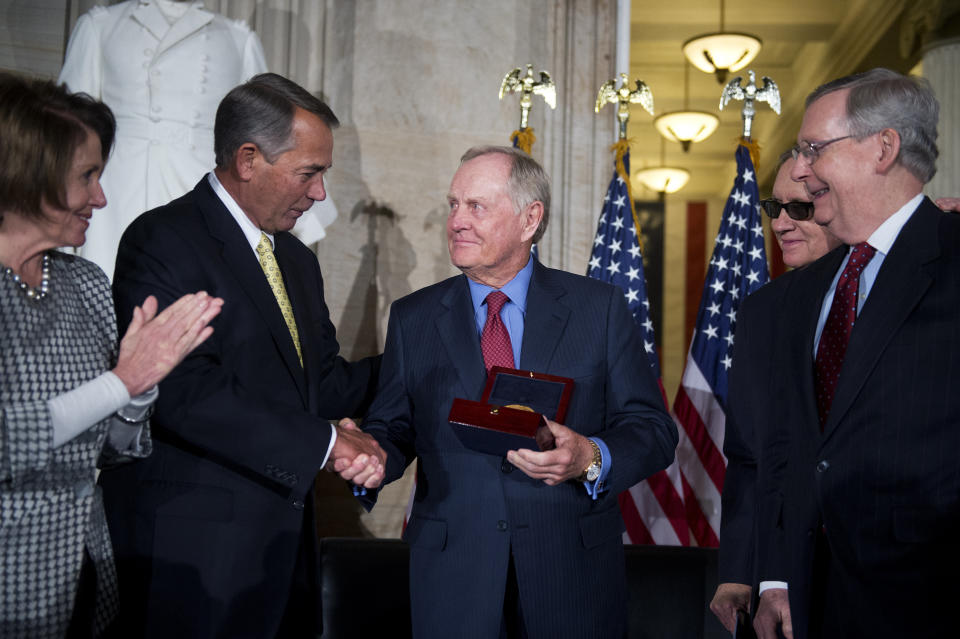
Secret Service Talks To Congress
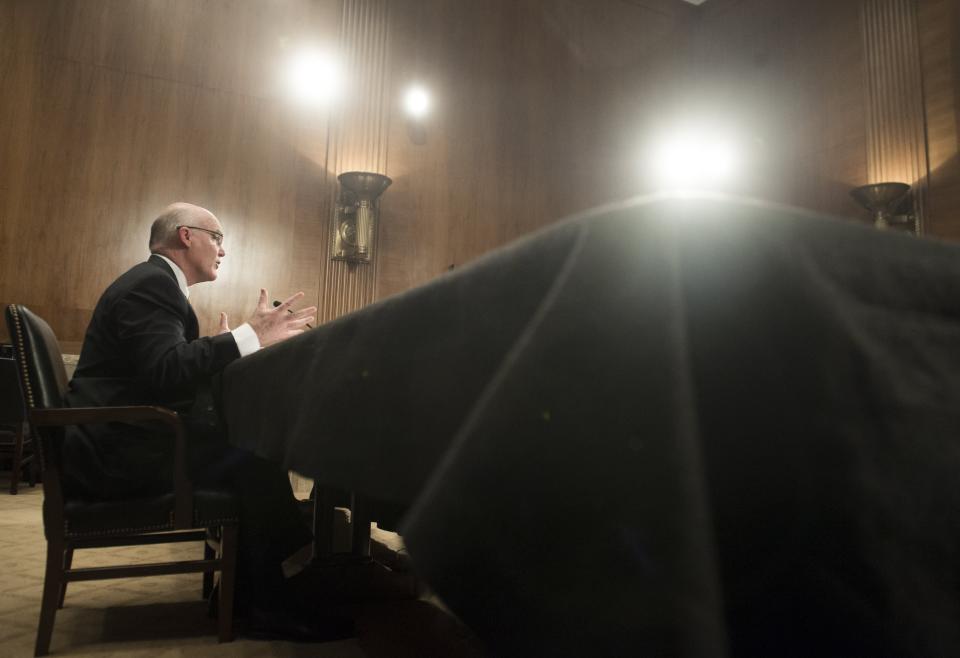
Spring Cleaning
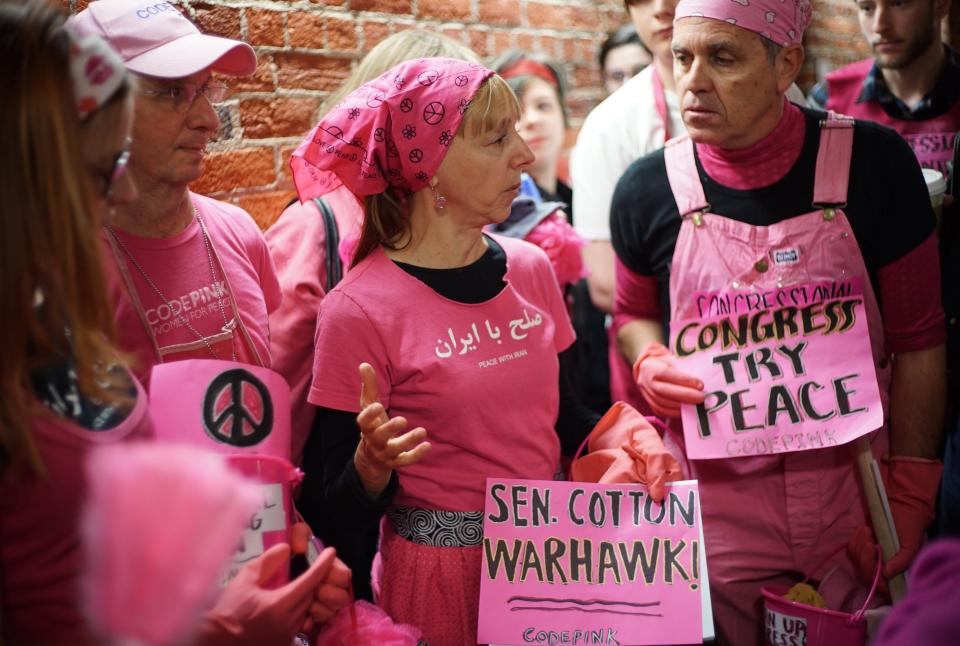
Supreme Women
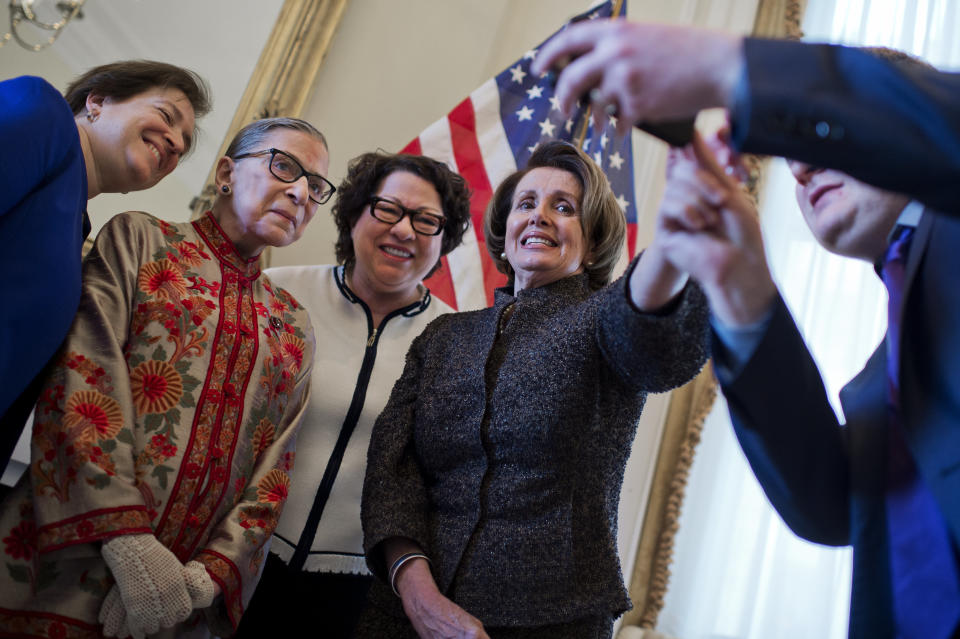
When Irish Ties Are Smilin'
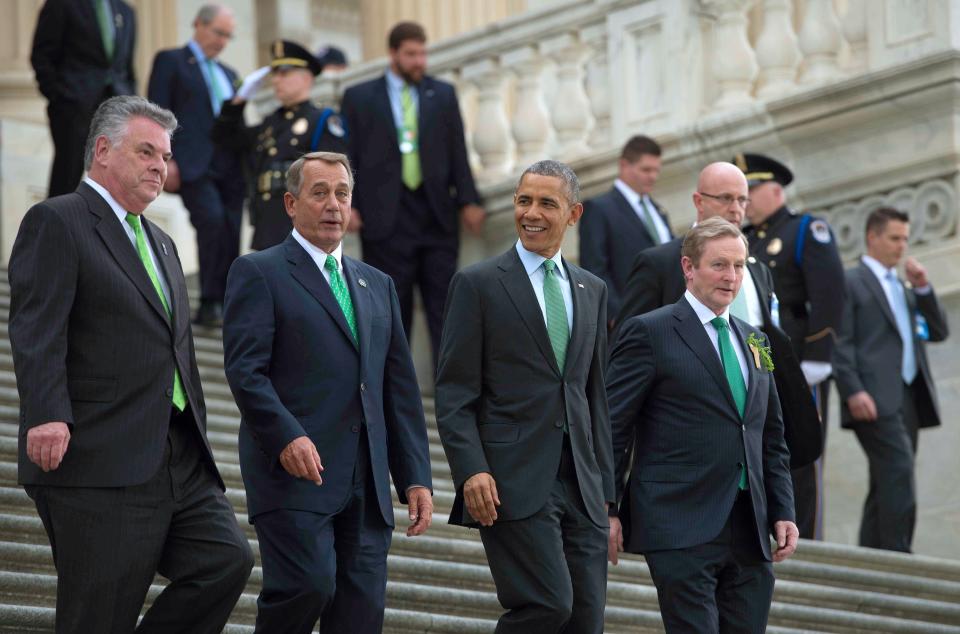
Colonial Visit For Marijuana
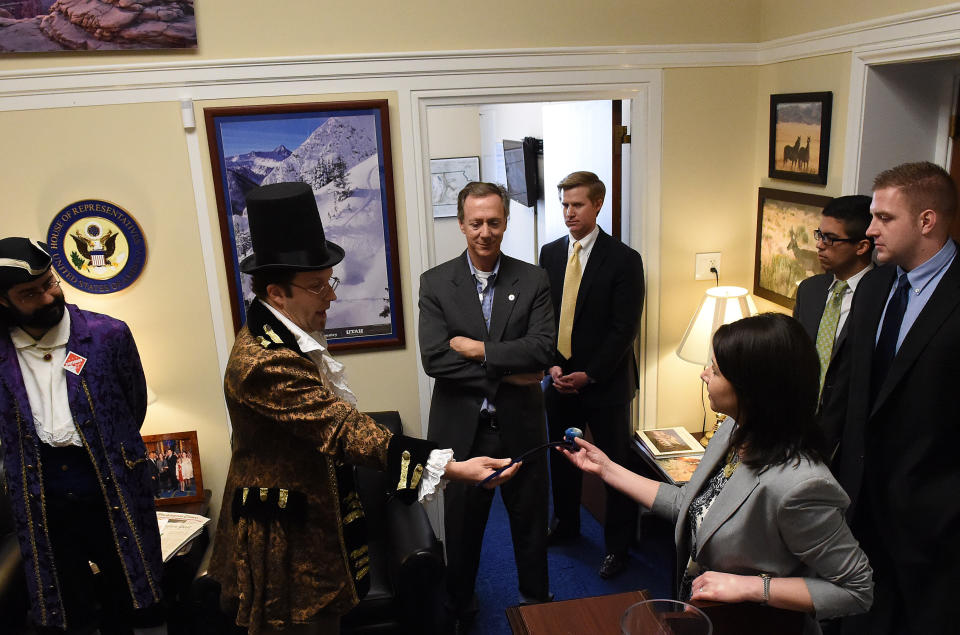
Goldendoodle

Code Pink
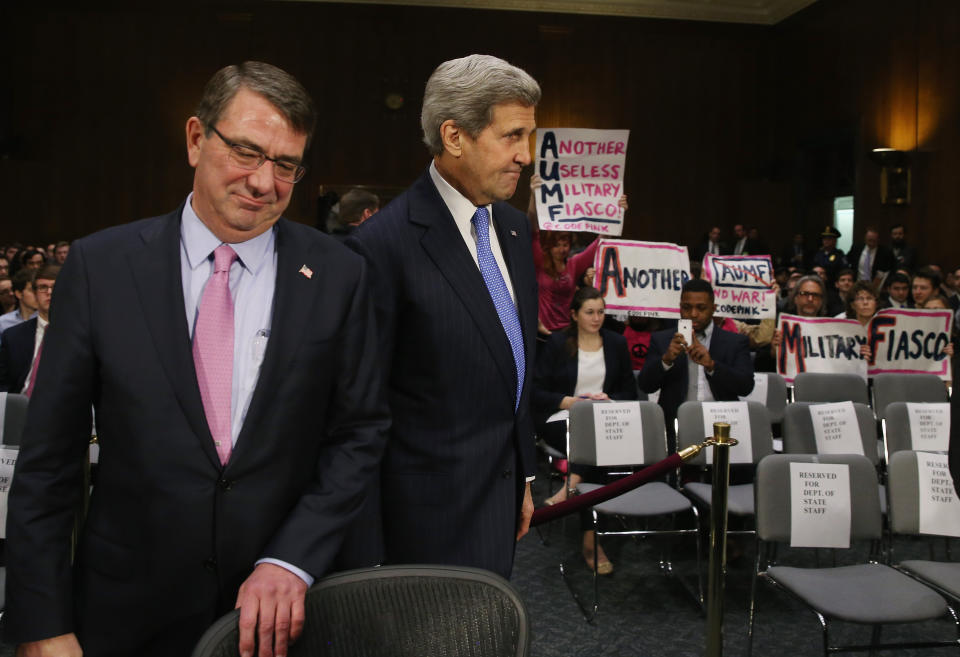
Cruz Waves

Warren Talks
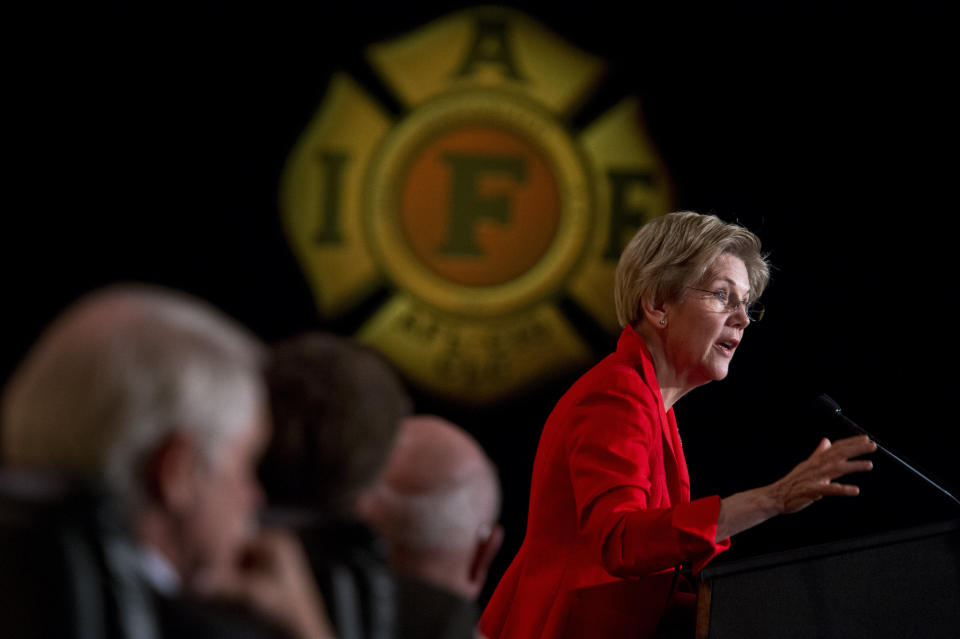
Speaking On Gun Control
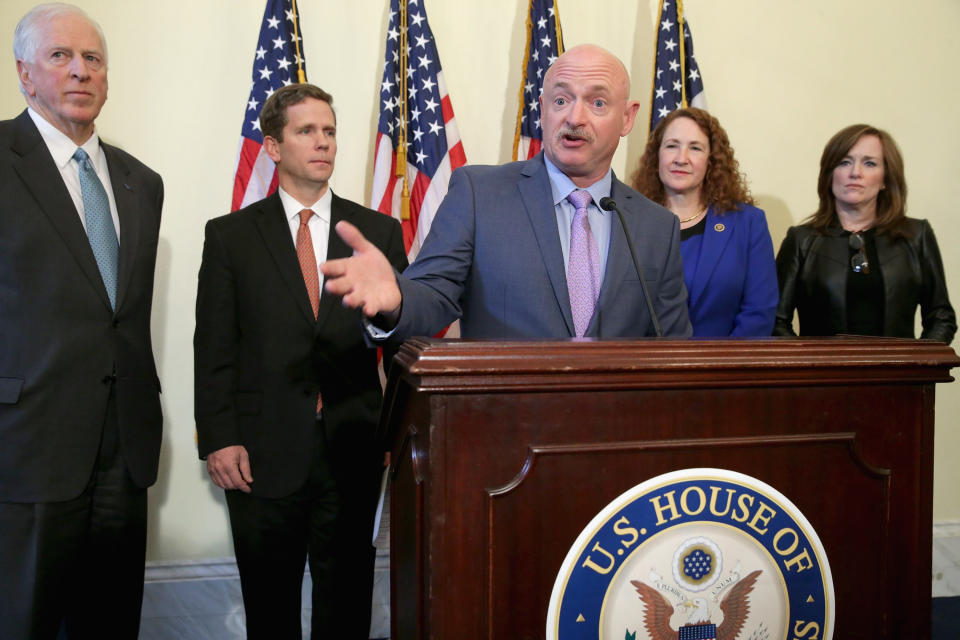
Selfie Time
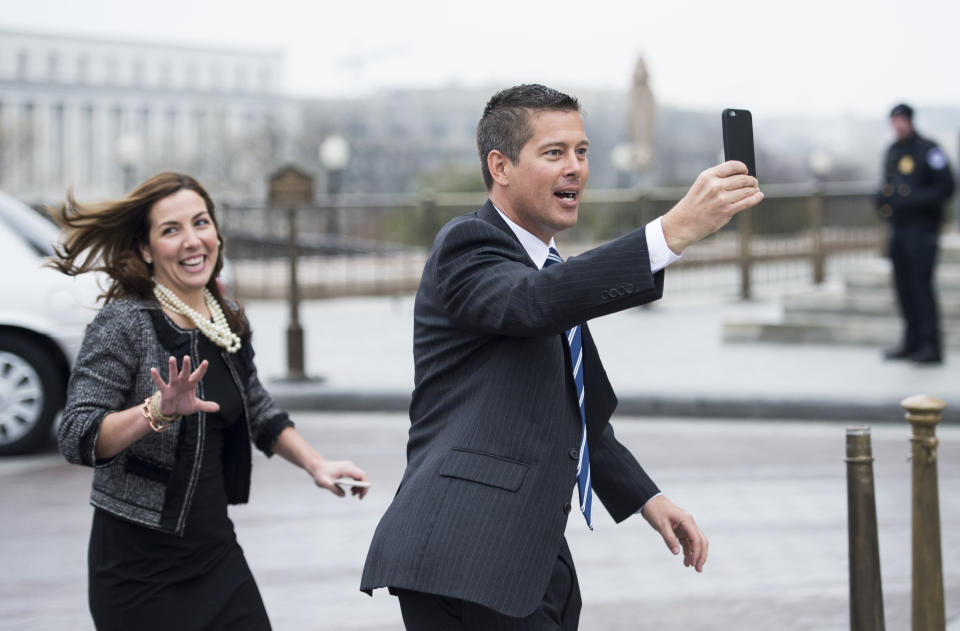
Giffords' Voice
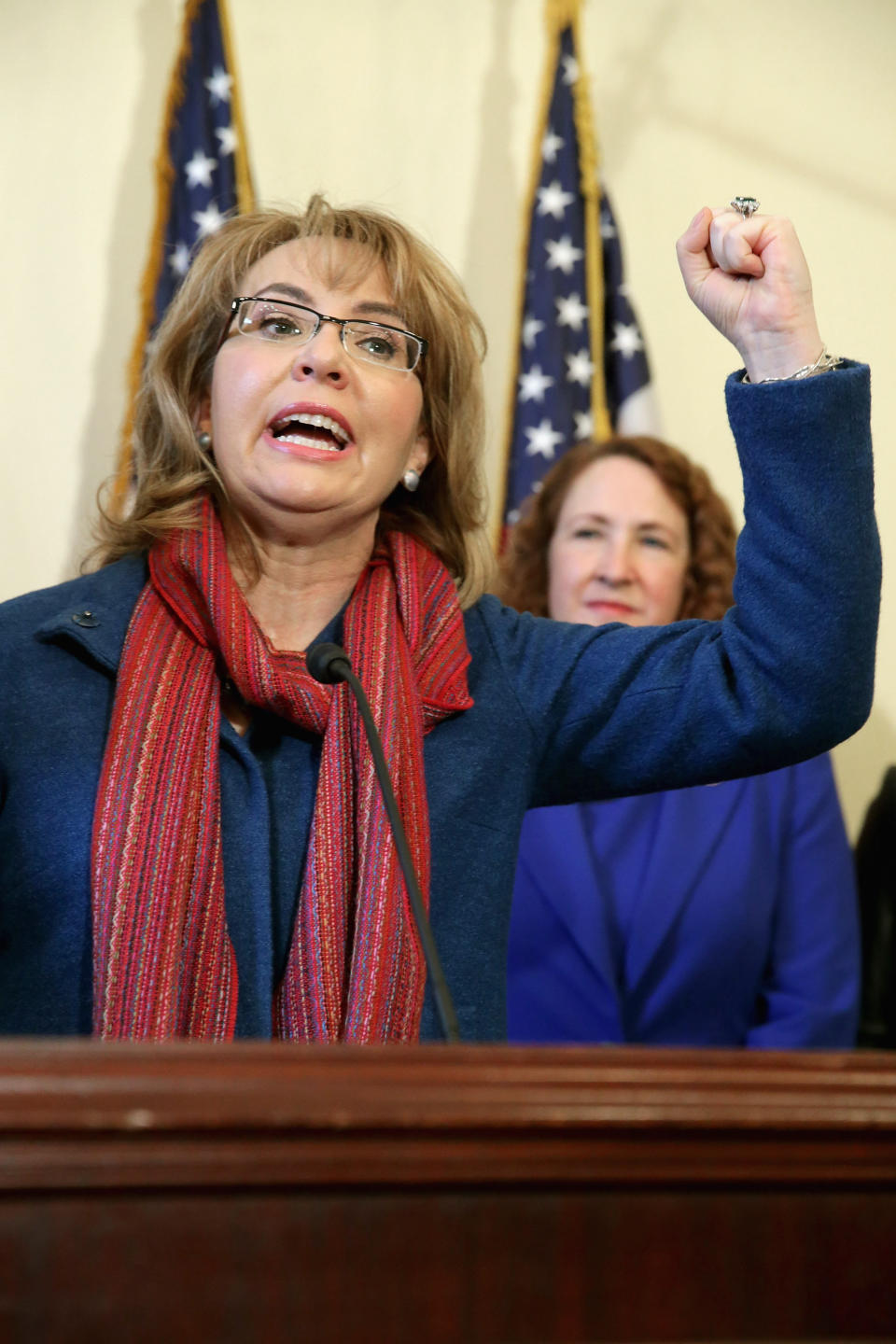
Netanyahu Speaks
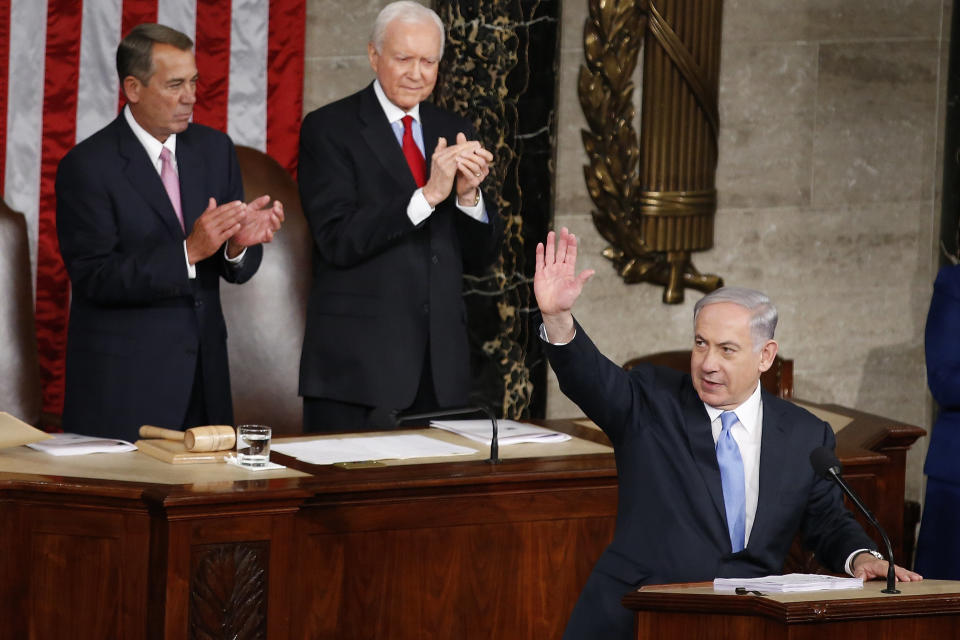
This article originally appeared on HuffPost.

